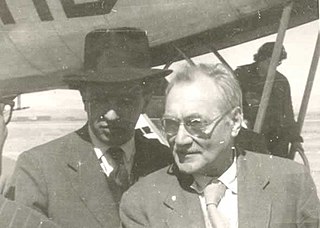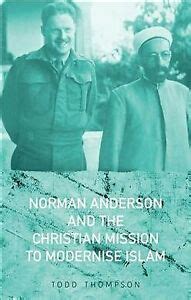A Quote by Allen W. Wood
I think Fichte did take it further than Kant by arguing that we can regard the moral law as objectively valid only by seeing it as addressed to us by another being, even though Fichte thought God could not literally be a person who could address us.
Related Quotes
Both Kant and Fichte thought of traditions of revealed religion as ways of symbolically (that is, with aesthetic emotional power) thinking about our moral condition. Both thought that religion would become more and not less powerful, emotionally and morally, if the claims of scriptures and religious teachings were taken symbolically rather than literally (whatever 'literally' might mean in the case of claims that are either nonsensical or outdated or historically unsupportable if taken as metaphysical or historical assertions).
Popular religion since the time of Kant and Fichte has gone in a direction they tried to prevent and that has been disastrous for the humanity both of believers and of the rest of us. Look at the role of religion in Republican presidential primaries if you need any confirmation of this last statement.
There is no author or legislator of the moral law. It is simply valid in itself in the nature or essence of things. We become autonomous only when we obey it, because then our will aligns itself with the objectively valid law, and our choice follows the same law as that we give ourselves. We can think of rational faculty (or the idea - the pure rational concept, not exhibitable in experience) as the legislator or author of the law because reason recognizes an objective standard, and to that extent is already aligned with objective moral truth.
Jesus teaches the redistribution of wealth - as long as the transfer is voluntary. But he is adamantly opposed to the involuntary redistribution of wealth, because that violates the moral law of God and is profoundly wrong. His words to take care of the poor are not addressed to government, they are addressed to us.
I had never thought I could love another person this much. I also never thought I’d live in such fear of losing another person. Was this how everyone in love felt? Did they all cling tightly to their beloved and wake up terrified in the middle of the night, afraid of being alone? Was that an inevitable way of life when you loved so deeply? Or was it just those of us who walked on a precipice who lived in such panic?
Creation is a sustained period of bliss, even though the subject can still be very sad. Because there's the triumph of coming through and understanding that you have, and that you did it the way only you could do it. You didn't do it the way somebody told you to do it. You did it just the way you had to do it, and that is what makes us us.
Adrian Rogers told us as often as he could he took the Bible literally. He illustrated by saying he believed the world was created in six 24-hour days. And he repeated this to make an impression upon us. In private (Jerry Vines was with us), I asked Rogers what he did with the slavery passages of the New Testament. Did he take them literally? He paused and said, 'Well, I believe slavery is a much-maligned institution. If we had slavery today, we would not have this welfare mess.'
I think we love the fantasy of being the one person who can really touch the person who has been untouchable for everybody else. There's something that makes us feel very special about that; that we could be the one out of everyone who's tried and everybody who's wanted to reach that person - you're the only one who could do it.




























